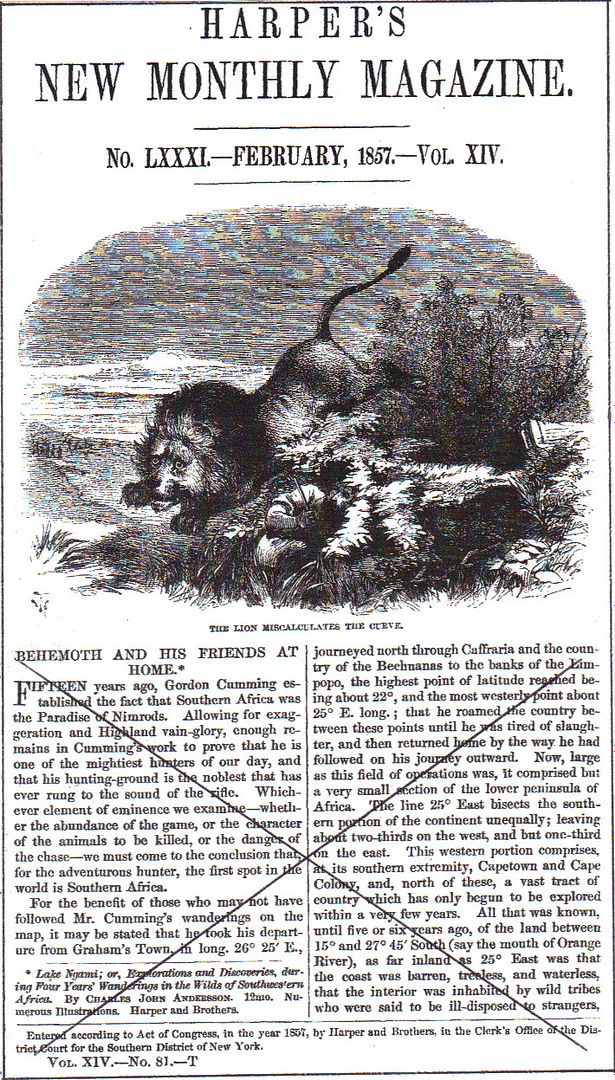
Posted on 02/01/2017 4:52:50 AM PST by Homer_J_Simpson

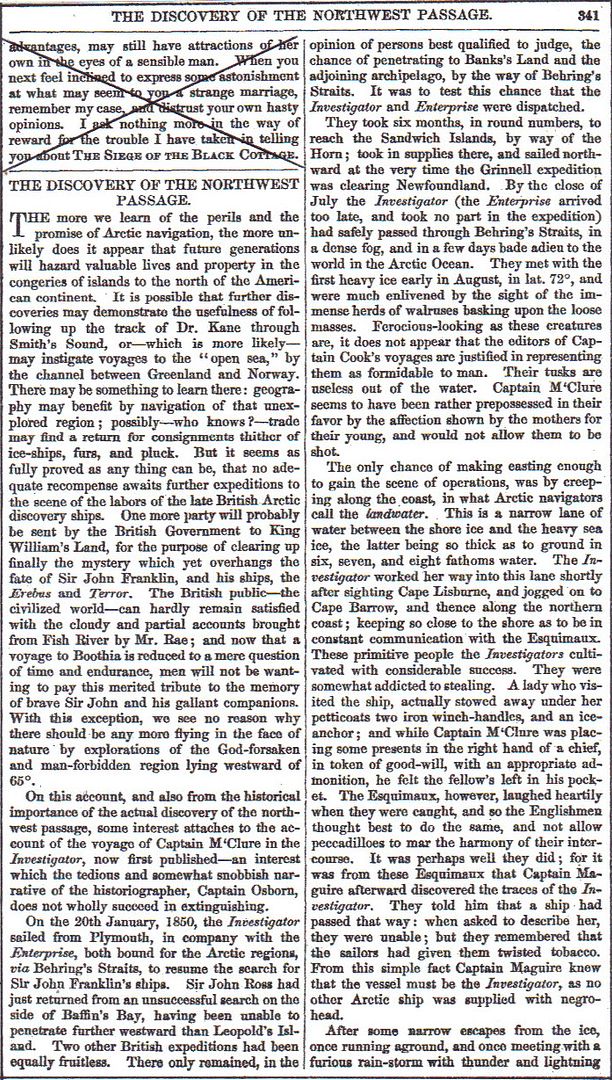
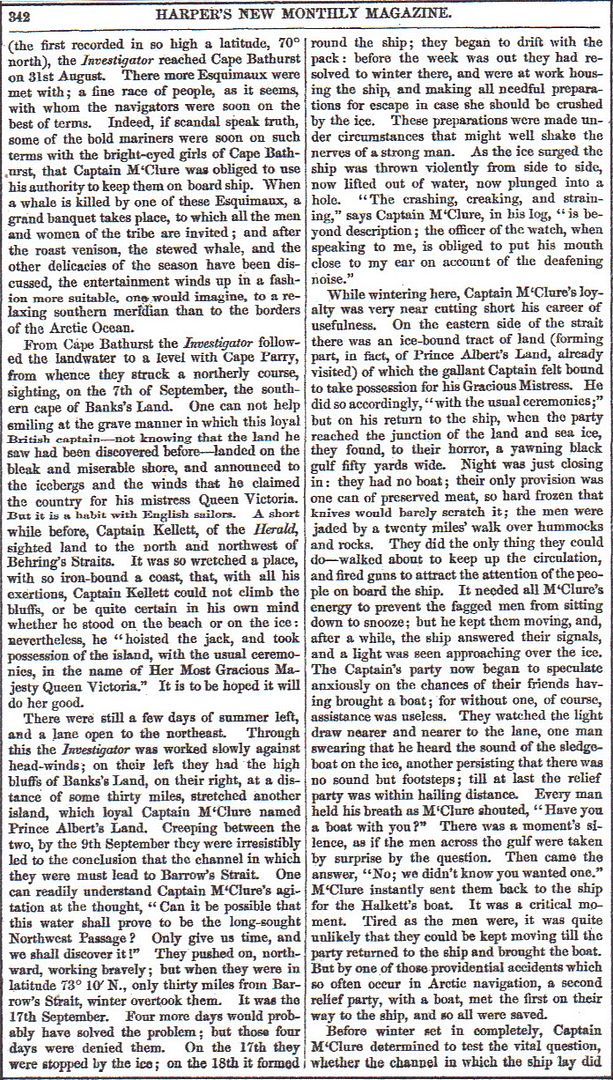
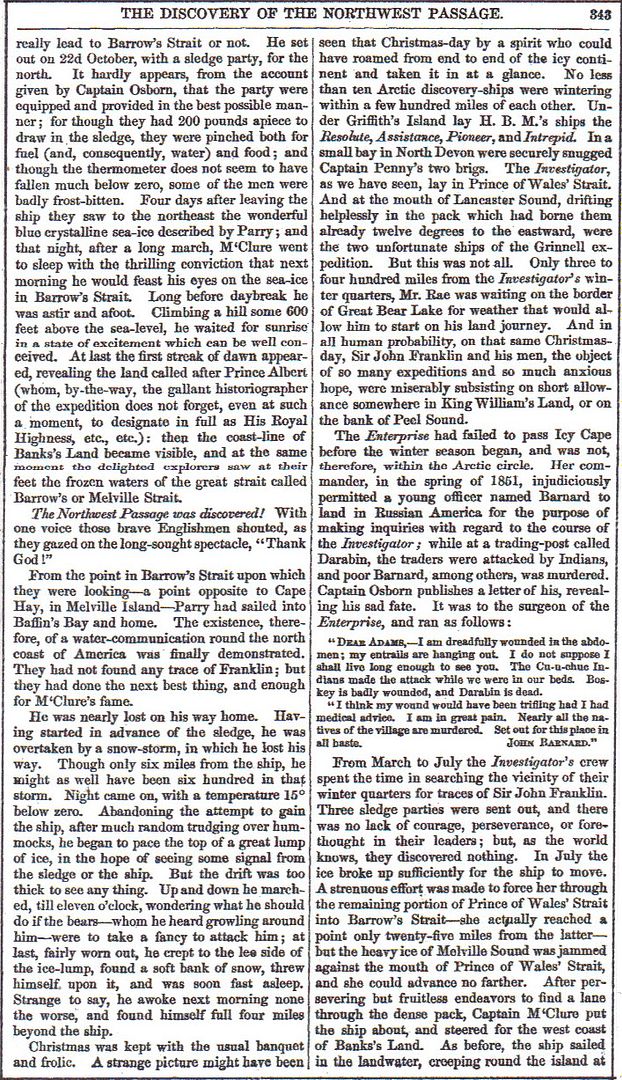
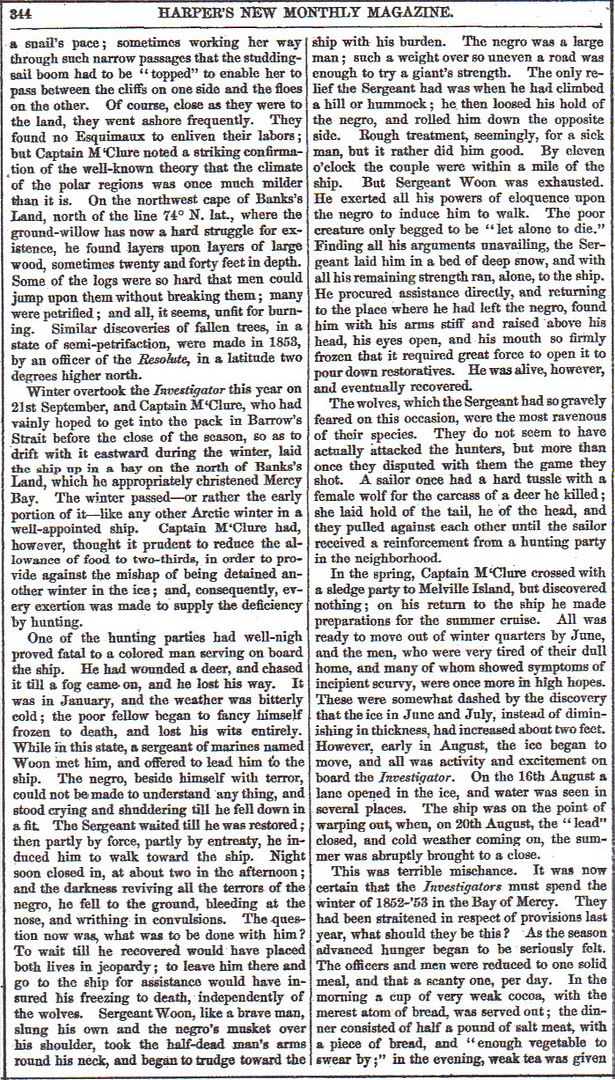
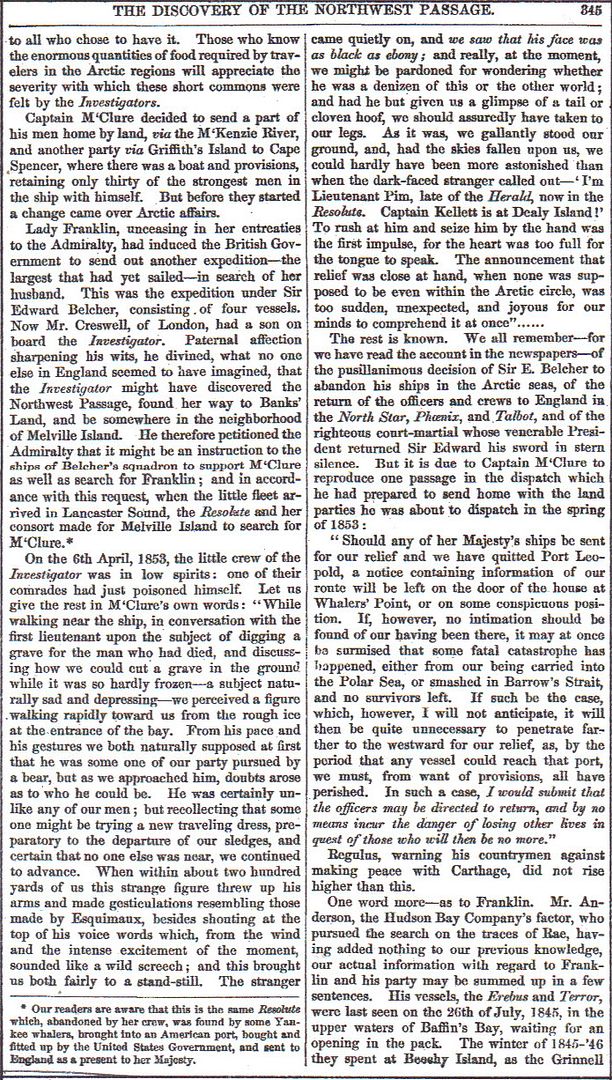
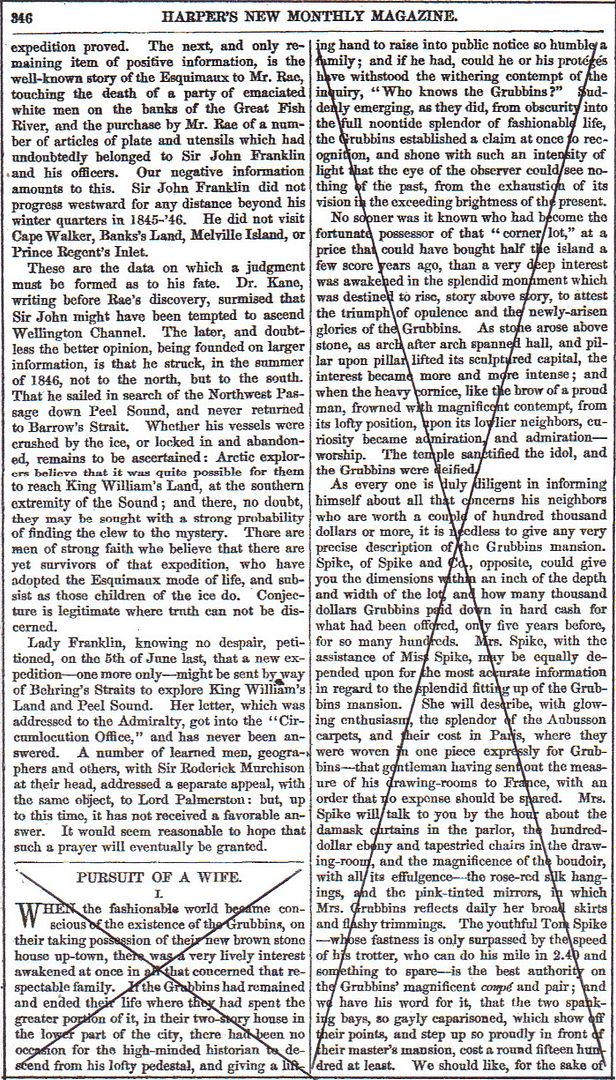
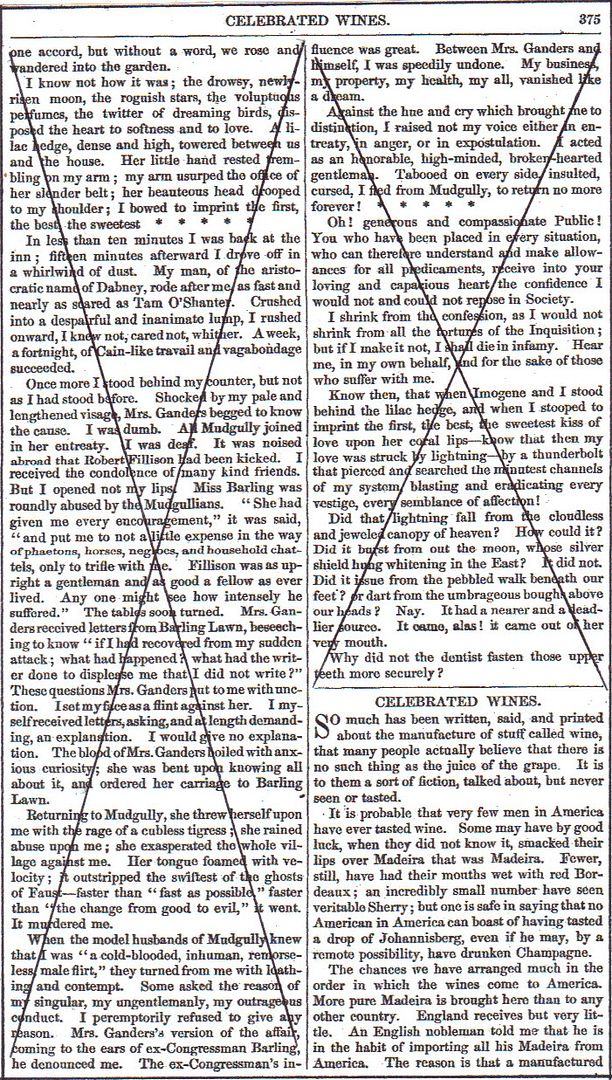
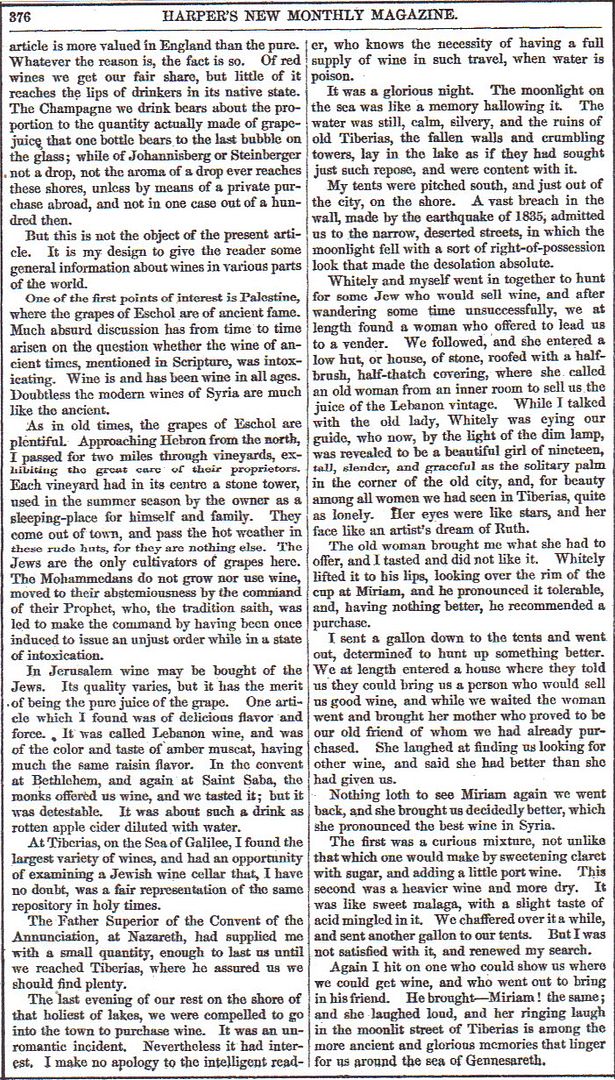
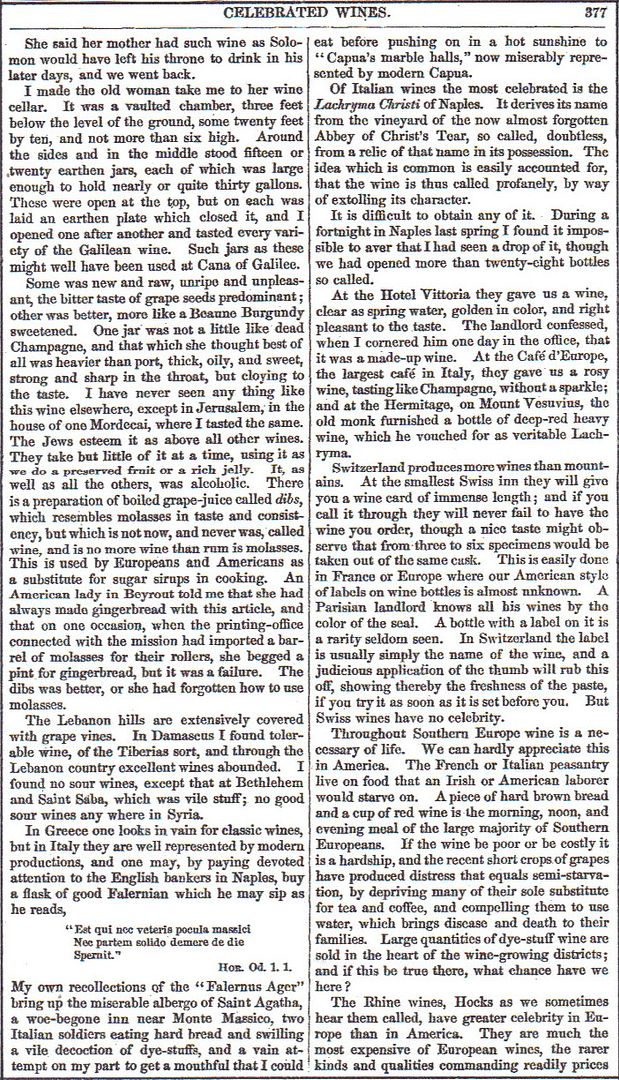
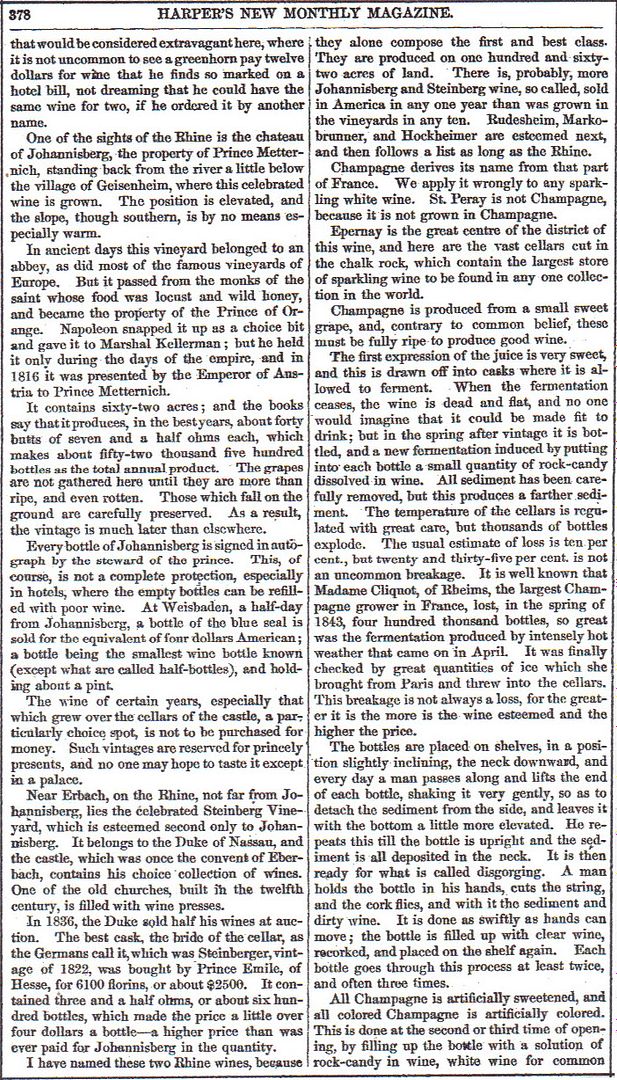
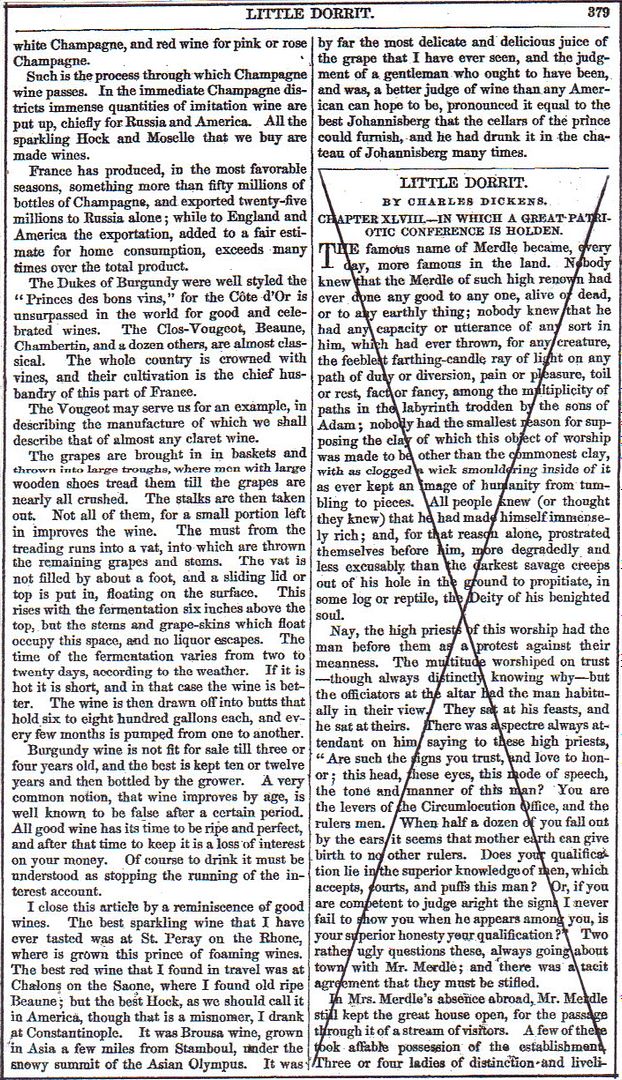
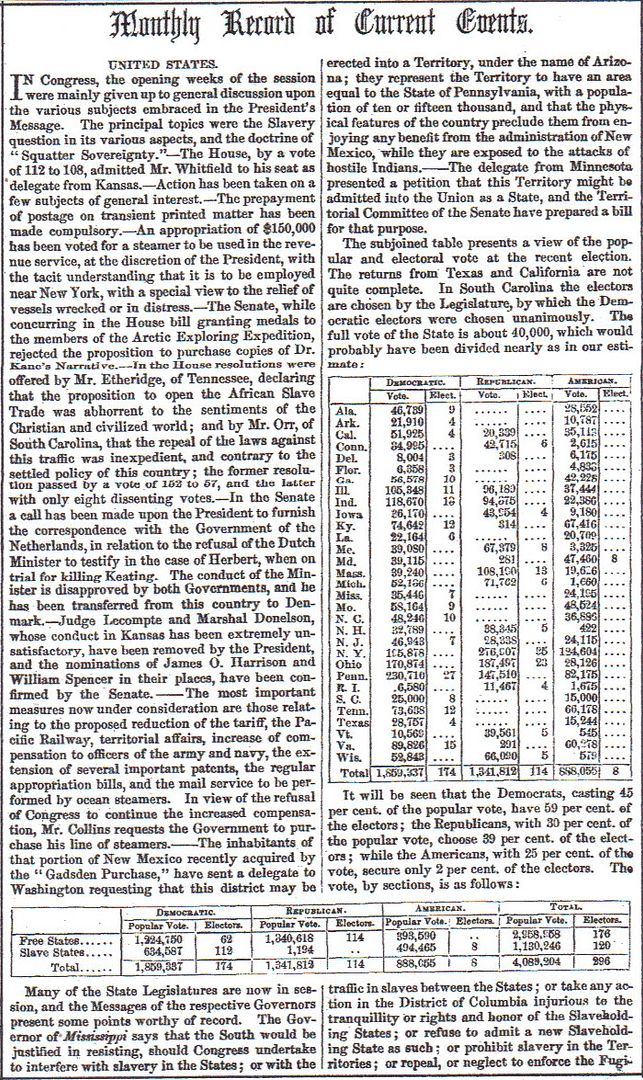
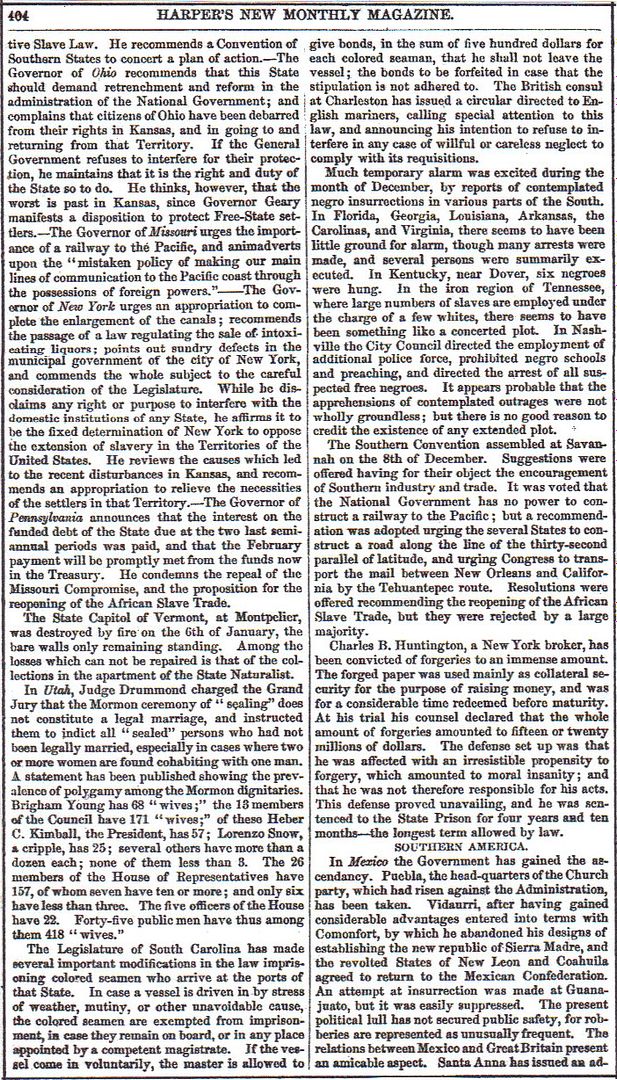
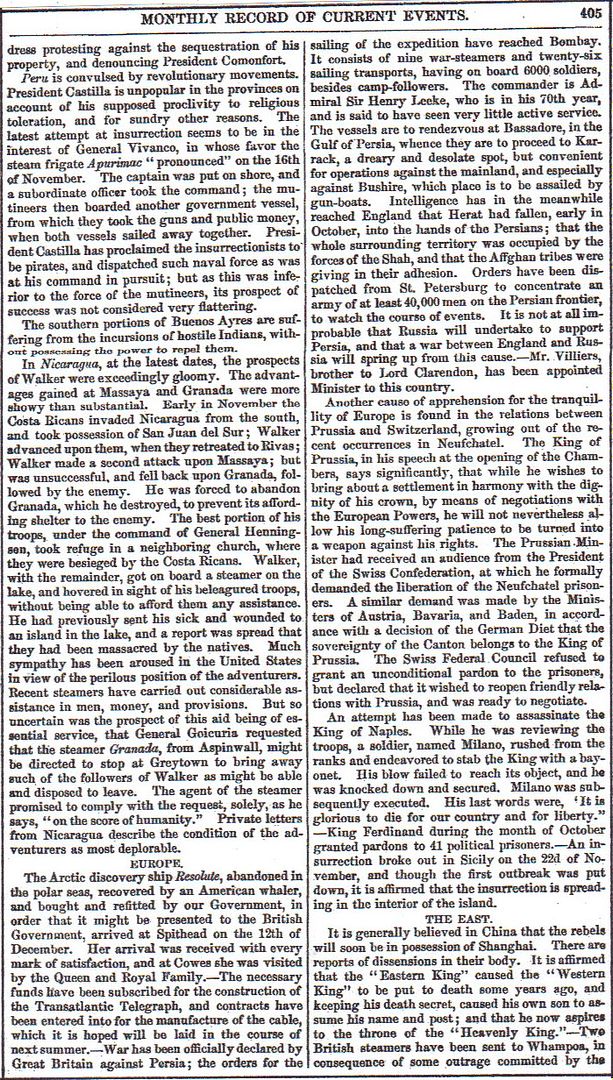
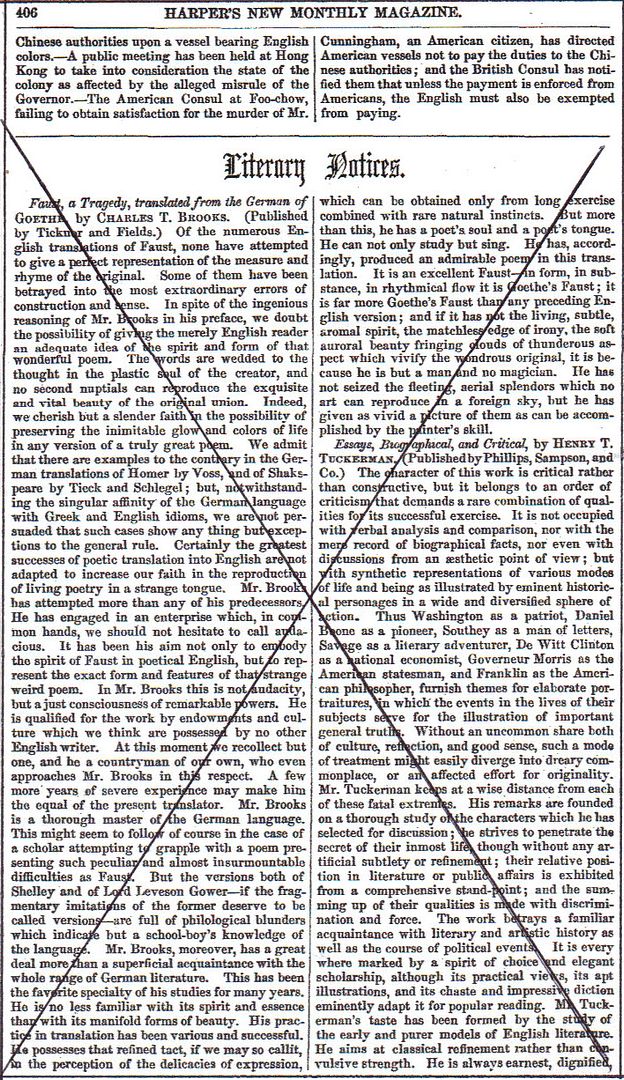
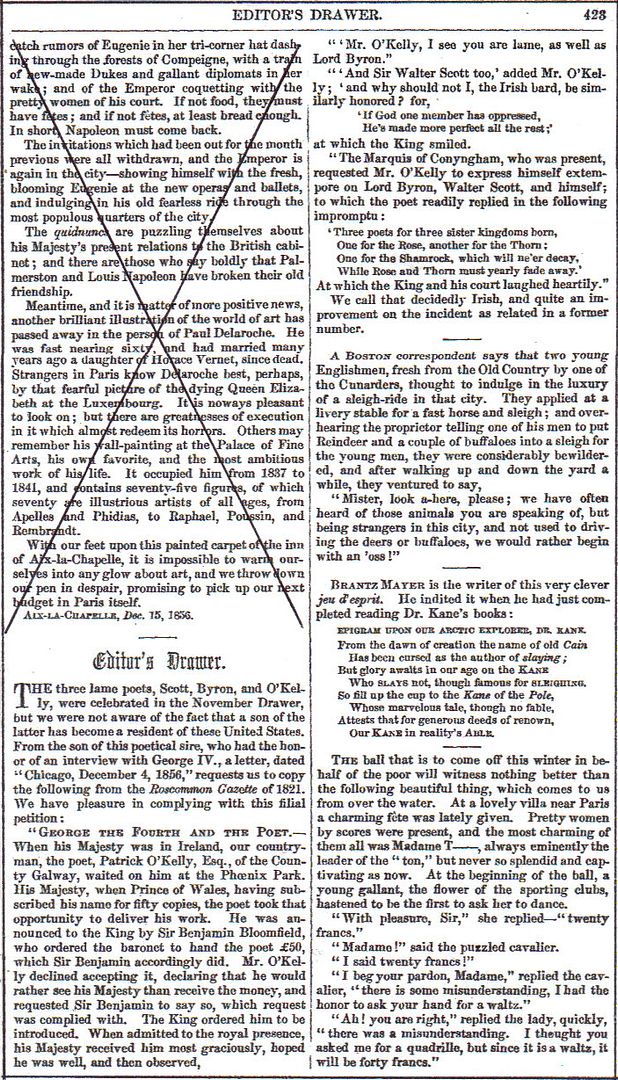
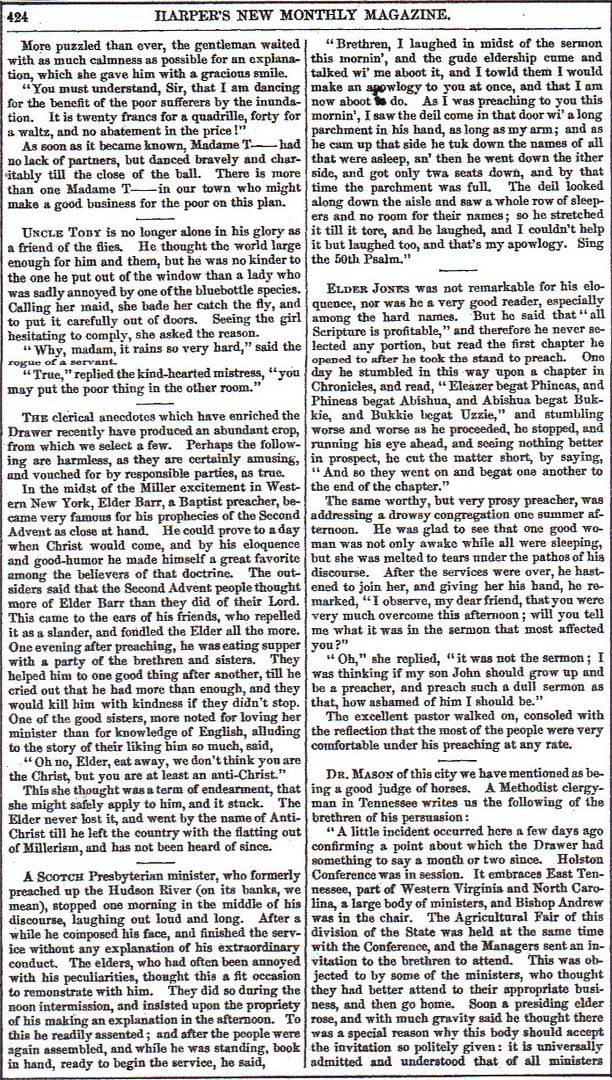
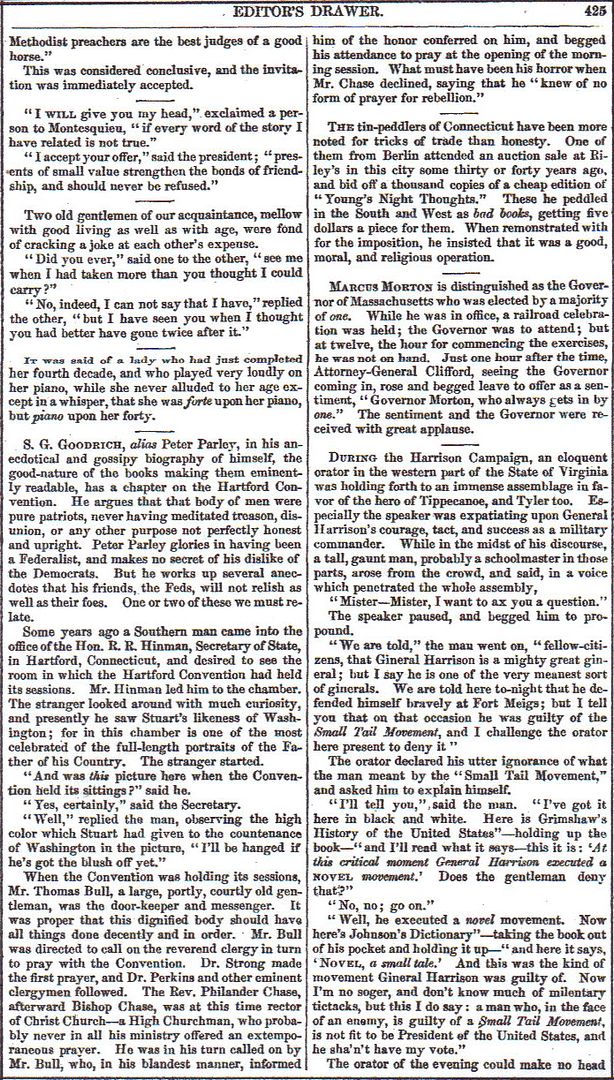
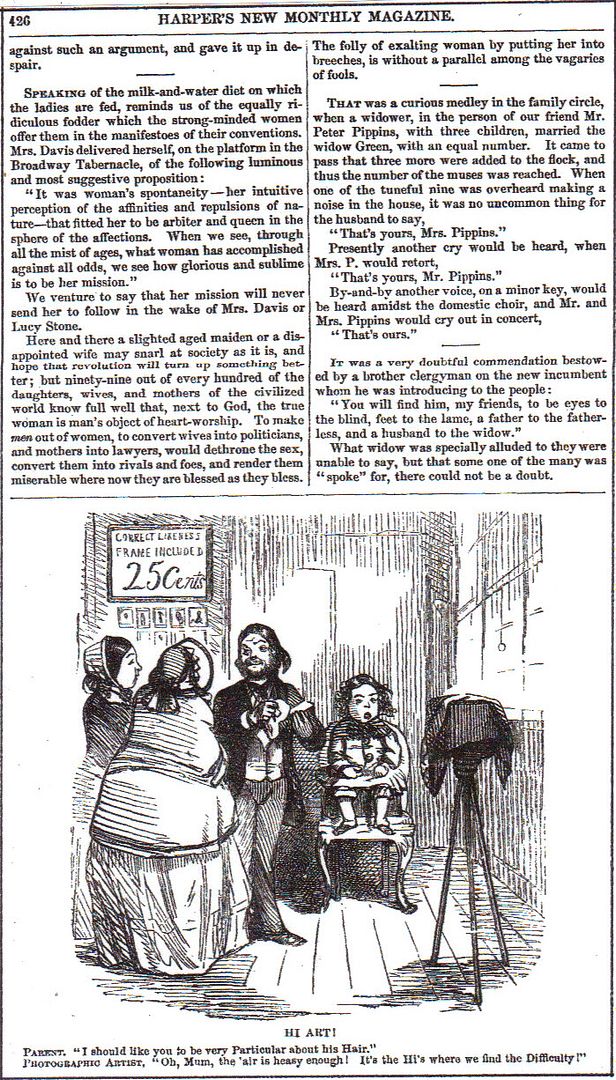
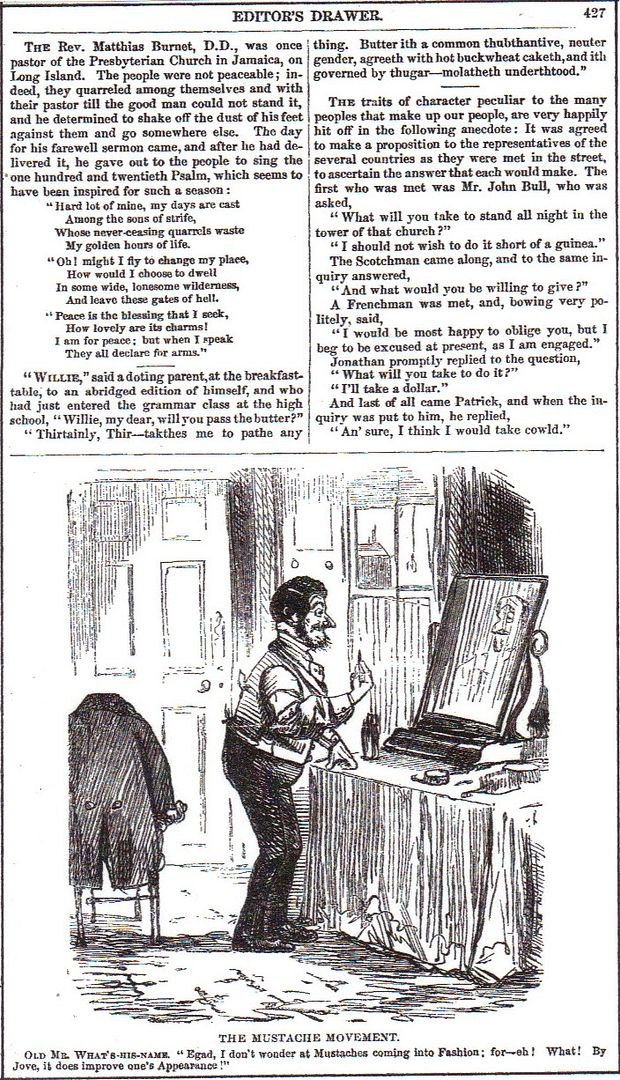
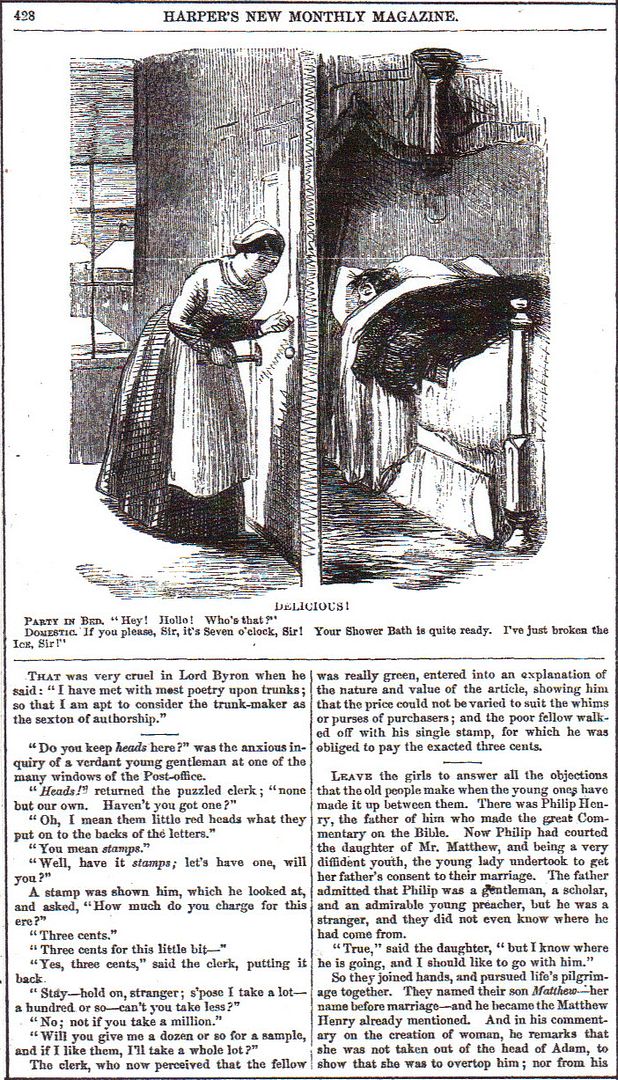
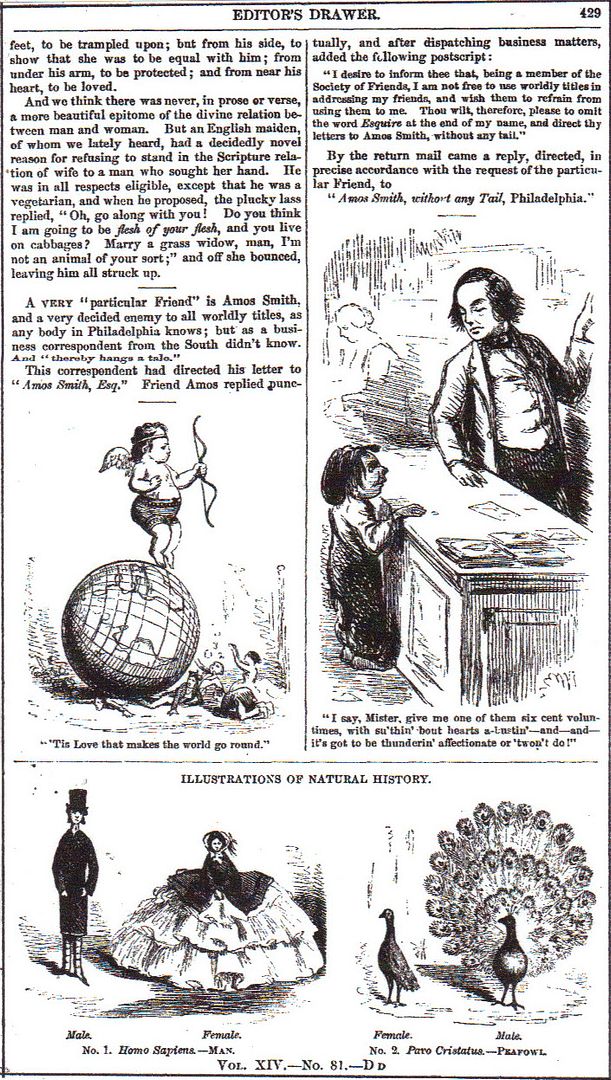
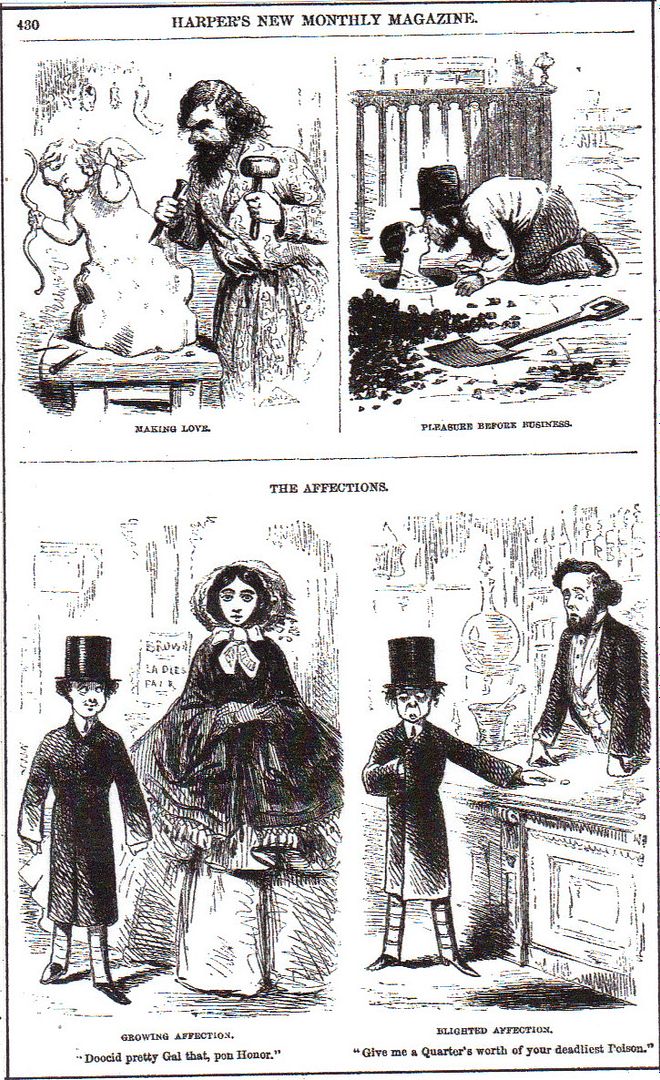
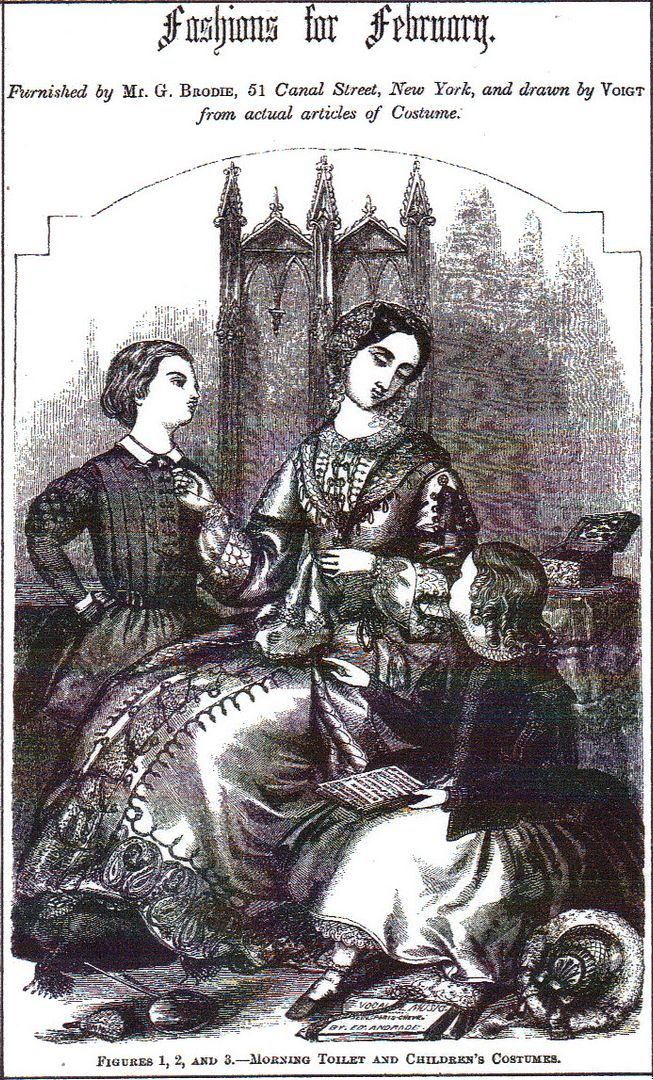
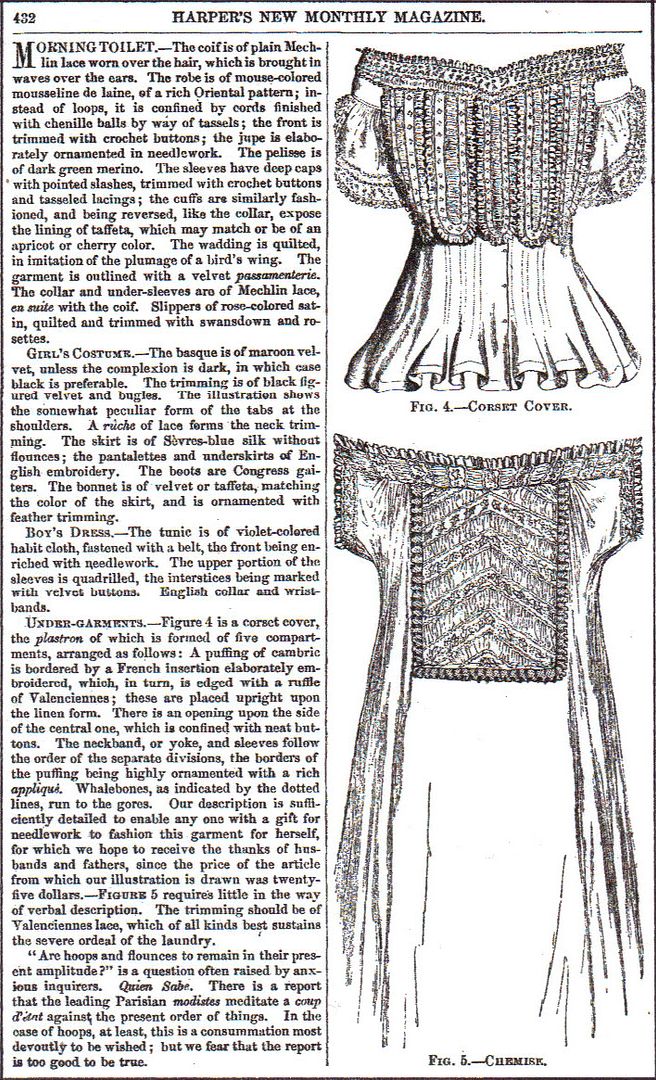
We like to believe that the Supreme Court can decide contentious issues because its better than deciding them by armed violence. Throughout American history, when Americans spoil for a fight, they don’t go to the barricades. They go to court. In fact, we are about to see the advent of a Civil War, so far our one and only, because the justice system failed its chance to prevent it. Maybe it couldn’t have prevented it anyway. But it certainly did fail to stop it.
February 15, SUNDAY. Lieber sat with us at Trinity Chapel, and expressed great satisfaction at Hobart’ sermon, so I introduced them after service. It won’t hurt him with the Board of Columbia College to be known as a parishioner of Trinity.
Mr. Ruggles is rapturous about my Columbia College paper. He has vast power of admiring. It is free from gas, and it states a few prominent truths or truisms that have been heretofore overlooked or practically neglected, to our great damage, with tolerable plainness. Those are its only merits.
The Diary of George Templeton Strong, Edited by Allan Nevins and Milton Halsey Thomas
Northerners were increasingly incensed that slavers could come into their states and seize their "property" despite the fact that slavery was illegal. The Compromise of 1850 was deeply unpopular in the North and was spurring the growth of the Republican Party.
What if the Supreme Court had ruled Dred Scott a free man and citizen? Secession may have come sooner. And that would be a gross violation of henkster's law; expecting a Southern majority to so vote. They should have avoided the question, as they initially appeared to be doing, but that just kicks the can down the road.
And what if Buchanan had supported Kansas statehood as a free state? Another violation of henkster's law.
It will be an interesting four years, but I'm increasing thinking there was no peaceful way to settle this other than the North allowing the South to secede. And even in the midst of our most terrible war there was never majority support for that in the North.
I may have mentioned that I am a faculty advisor to the local high school’s “We The People” Citizen and the Constitution class. My particular Unit deals with amendments to the Constitution, and of course we get into issues of the Civil War and the following Amendments. The question I ask them to wrestle with in consultation with Unit 2 (the Constitutional Convention) is whether the Civil War was inevitable as a result of the compromises reached in Philadelphia. Through this annually conducted inquiry I have come to the conclusion that the Civil War was not definitely inevitable as an outcome of the Constitutional Convention, but likely. One man, though, made it inevitable.
He was Eli Whitney.
So yes, I agree with you. By 1857, there was no ruling in Dred Scott v. Sanford that could have simultaneously avoided the Civil War and not violate henkster’s Law. My point in regard to those assailing the concept of Judicial Review is that so far, that power possessed by the Courts is what has kept us from more than one Civil War and an Executive dictatorship. I concede there is a legitimate question whether it continues that function. But I can argue that historically the process of Judicial Review has served that purpose.
As for Dred Scott, that decision revealed the inevitability of the Civil War, as it was the one chance to avert it through the Judicial process. It failed, although things had progressed so far by then Chief Justice Taney had no chance of succeeding.
Had those compromises not been made at the Constitutional Convention, the Southern states would not have agreed. We might have bumped along under the Articles of Confederation for a few more years, but ultimately at least two countries probably would have emerged and some states may have just gone their own way. Compromise is a messy business, but it kept the country together for the time being.
My sense is slavery would have gradually ended, what with the European countries with American colonies ending the practice. But the stupendous wealth of the cotton trade corrupted minds that might have been more open to ending the practice eventually. Thank you, Eli.
In my opinion, the practice of judicial review is not the problem, but how some courts have used it. I am definitely pleased to see an originalist like Judge Gorsuch nominated.
True. Maybe the only thing that kept us together was the fear of encirclement by Britain and France, and that we would be dismembered and carved up by them. Madison argued this in Federalist something or other...
My sense is slavery would have gradually ended...Thank you, Eli.
Also agreed. The cotton boom, made possible by Whitney's cotton gin, extended and expanded the practice of slavery. But as far as Whitney goes, it was a double whammy. Most people think the cotton gin caused the economic basis of the Civil War, but overlook his invention of interchageable parts. While the cotton gin made the South an agricultural slave superpower, interchangeable parts made possible the industrial revolution in the North. The two inventions drove the nation into two polarized economies.
In my opinion, the practice of judicial review is not the problem, but how some courts have used it.
I distinguish the broader concept of Judicial Review from its more dangerous subtype, Substantive Due Process. Judicial review can be narrowly applied to only declare invalid the acts of the government when they are contrary to the Constitution. Other than Dred Scott, which created a "right" of slavery, most early Judicial Review cases fell under this doctrine. Judicial Review can also be expanded to include Substantive Due Process which is the creation and enforcement of made up "rights" not found in the Constitution. This doctrine was born in the 1897 cases of Chicago, Burlington & Quincy Railroad v. City of Chicago, which selectively incorporated the 5th Amendment Takings Clause against the states, and Allgeyer v. Louisiana, which recognized a "freedom of contract."
As Judge Gorsuch has written, the worst aspect of Substantive Due Process is that in creating the "right," the Court is chiseling it in stone into the Constitution, and the public policy debate over whether that right should be honored is never allowed to take place. This makes the Court a political policy-making organ of government. When it assumed this role, primarily as a result of Roe v. Wade, membership on that Court ceased being a judicial question and became a political one.
We will see this play out in Judge Gorsuch's nomination.
Roe v. Wade was still relatively fresh and it was beginning to dawn on them that the only way to justify Griswold and Roe is substantive due process. Needless to say, the professoriate has since warmed to the concept.
By the way, the origins of Substantive Due Process can be traced all the way back to James Otis' arguments in the Writs of Assistance Case in 1761.
http://nhinet.org/ccs/docs/writs.htm
You can see these arguments picked up and echoed by Justice Chase in Calder v. Bull in 1798:
There are certain vital principles in our free republican governments which will determine and overrule an apparent and flagrant abuse of legislative power, as to authorize manifest injustice by positive law or to take away that security for personal liberty or private property for the protection whereof of the government was established. An act of the legislature (for I cannot call it a law) contrary to the great first principles of the social compact cannot be considered a rightful exercise of legislative authority.
https://supreme.justia.com/cases/federal/us/3/386/case.html
Chase stated that the Court has the power to strike down a statute if such is in violation of "positive law."
In his concurring opinion, Justice Iredell stated the more restrictive view of judicial review; that the act had to be contrary to a specific provision of the Constitution. Iredell specifically questioned the subjectivity inherent in Chase' approach:
If any act of Congress or of the legislature of a state violates those constitutional provisions, it is unquestionably void, though I admit that as the authority to declare it void is of a delicate and awful nature, the court will never resort to that authority but in a clear and urgent case. If, on the other hand, the legislature of the Union or the legislature of any member of the Union shall pass a law within the general scope of its constitutional power, the court cannot pronounce it to be void merely because it is in its judgment contrary to the principles of natural justice. The ideas of natural justice are regulated by no fixed standard; the ablest and the purest men have differed upon the subject, and all that the court could properly say in such an event would be that the legislature (possessed of an equal right of opinion) had passed an act which, in the opinion of the judges, was inconsistent with the abstract principles of natural justice.
This debate lay dormant for exactly one century until Allgeyer v. Louisiana and Lochner v. New York, and became dormant again after West Coast Hotel v. Parrish. However, the seeds of its return were laid in Footnote 4 of United States v. Carolene Products, and saw full bloom in Griswold v. Connecticut. It only became clear that the seeds had sprouted into legal kudzu in Roe v. Wade.
I totally agree. It is that subjectivity that leads to my belief that the doctrine is incompatible with a republican form of government because the law isn't being made by the elected representatives of the people, but instead is being made by judges applying "positive law" or "vital principles" or "the living Constitution." It is nothing more than the judge's subjective belief what the law should be but once it is encrusted into constitutional law it is very difficult to change, unlike statutes passed by legislatures.
And thanks for the very interesting citations!
I have become a fan of James Iredell; perhaps my favorite Founding Father, even if somewhat obscure.
I confess I never heard of Mr. Iredell. Now having read his opinion I think the Republic owes him a great debt for how he wisely shaped the law of judicial review at the time of the Founding.
This Dred Scott case is fascinating. I graduated from law school a few years ago and have read what Judge Robert Bork has to say about this case. All condemned Justice Taney, the Chief Justice of the Supreme Court who wrote the majority opinion. But in re-reading Bork’s comments in his book, “The Tempting of America”, I found myself disagreeing Bork about this case.
My premise is that until the 13th through 15th Amendments, the Constitution did not forbid slavery. (We tend to forget sometimes that until Christ returns to rule the world as Prince of Peace but with a rod of iron, all man’s efforts to govern himself is tainted with sin and flawed. As great as America is and as great as the Constitution is, they are not prefect. The Left reminds us of this every day, but the Left has no alternative - they just attack the weakest spots like wild animals. Nevertheless, the U.S. Constitution with it’s flaws is still probably the most inspired, greatest political and legal document in history.)
As far as the states go, slavery was a state’s issue until the 13th through 15th Amendments. Until then the only justification I can see for federal interference in the slave issue might have been the commerce clause regarding any interstate commerce issues with slaves.
As far as the territories go, although Bork disagrees with Taney’s reasoning in his “Dred Scott” opinion about Congressional power over territories, I find Taney’s arguments compelling. Taney noted that when the federal government enters into possession of a territory, “It has no power of any kind beyond [the Constitution]; and it cannot...assume discretionary or despotic powers which the Constitution has denied to it.” He goes on to illustrate that Congress could not be presumed to make laws in a territory that establishes religion, or limits the free exercise of religion, speech, press, assembly, etc. (Robert H. Bork, “The Tempting of America” 30 (1990)).
Taney’s argument was that if Congress could not go beyond its constitutional bounds in other areas, it also could not assume extra-constitutional powers in forbidding slavery in a territory. So if Congress was constitutionally excluded from interfering with the slavery issue in both the states and in territories, then the Missouri Compromise was probably unconstitutional.
There was also the issue of the owner of Scott, the slave, bringing Scott into a state and territory that were “slave-free” zones so to speak. The argument was that once Scott was in a slave-free zone, by operation of law, Scott was no longer a slave. But that argument violates the Good Faith and Credit (GF&C) clause of the Constitution (Art IV, Sec 1) that requires each state honor the laws of other states.
So it appears that the feds had no say in this matter and the GF&C clause protected the owner from losing his slave automatically by operation of law in a state or territory. So the Dred Scott decision to overturn the lower court’s decision and allow the owner to keep his slave appears to be legally and constitutionally justified regardless of personal moral views.
Bork tries to support his position by saying that there must be something wrong with a judicial power whose decision takes a civil war to overturn. Again, I disagree. The seeds of the Civil War were sown in the slave trade of the South and the need for the southern states to ratify the Constitution to create the United States of America. The compromise to not forbid slavery in the Constitution was absolutely necessary to “form a more perfect union” by establishing the Constitution. The Constitution formed a more perfect union, not a perfect union.
The growing intolerance of slavery in the North reached such a heightened level that the South decided to secede from the union in anticipation of federal force to end slavery. The problem was, as far as I can tell, the North and the feds has not committed any unconstitutional acts against the South including forced cessation of slavery.
Using the steps laid out in the Declaration of Independence (DofI) to justify valid secession, the South was not justified to secede. As the Dof I stated, “Governments long established should not be changed for light or transient causes.” Rather, as far as I know, the South gave forth no notification of rationale, no “long train of abuses”, and no list of facts “submitted to a candid world.” IMO, therefore, the federal government (”the North) was justified in military action against the South for the South’s unjustified secession.
Rather than being the error that brought sectional animosity to the brink, Dred Scott IMO was ruled properly and simply allowed the animosity to continue take its natural and legal course. If the North had been more patient (to believe that slavery would come to its own end), and/or if the South had also been patient (in not jumping the gun, anticipating, but not having to legally contend with unconstitutional federal acts) the war may have been avoided.
In fact, Dred Scott probably would have been more of a spark for war had it been ruled the other way. The South would have had legal grounds to accuse the feds and the North of an unconstitutional act and of tyranny.
Well, I’ve obviously changed my mind after further review and study. I was going with my law professors and Judge Bork who I highly respect. But after further review, I find the Dred Scott case decided correctly, some errant passages in the opinion notwithstanding.
What a great quote, absolutely forgotten today as anything SCOTUS decides is now assumed to be national law.
Having said that, my conclusions on post #53, my independent review of Dred Scott, will probably surprise you (it kind of surprises me). I’ve changed my mind about Dred Scott after further review and study. I was going with my law professors and Judge Bork who I highly respect. But after further review, I find the Dred Scott case decided correctly, some errant passages in the opinion notwithstanding. (See post #53.)
Wanted to ping you on post #53 reflecting my changed my mind about Dred Scott after further review and study.
Previously, I was going with my law professors and Judge Bork who I highly respect and hadn’t really delved into the case with a more independent mind. But after further review, I find the Dred Scott case decided correctly, some errant passages in the opinion notwithstanding.
In all of that, the Fifth Amendment was completely ignored, as it, and the Fourteenth Amendment, are ignored today for tens of millions of pre-born babies.
“No person shall be...deprived of life, liberty, or property, without due process of law...”
“No state shall...deprive any person of life, liberty, or property, without due process of law; nor deny to any person within its jurisdiction the equal protection of the laws.”
The first ten amendments, as confirmed by the direct language and the language of the Ninth and Tenth Amendments, are pointed strictly at the feds, not the states, the counterfeit “incorporation doctrine” notwithstanding.
You are correct about the 5th Amendment. Under Barron v. Mayor of Baltimore, the 5th Amendment was only a restriction against the Federal government and not the states. So I did a quick and dirty review of some of the state constitutions of the Confederate states to see what individual rights they protected.
South Carolina, North Carolina, Tennessee recognized rights of life, liberty and property (sometimes mingled with the rights of Article 39 of the Magna Carta), but only as applied to “Freedmen.”
Georgia did not have a provision similar to the 5th Amendment, but did restrict the right to plead cases to “freedmen.”
Virginia’s constitution of 1830 recognized very few rights but made no mention of “freedmen.” It did limit suffrage to white males.
Alabama and Mississippi recognized rights of life, liberty and property but did not restrict them to freedmen.
Georgia and Mississippi prohibited the legislature from passing any statute abolishing slavery or freeing slaves without the consent of their owners, but none of the other states specifically mentioned slavery or protected it, except as to their mentions of “freedmen.”
So for the slave owning states that would later secede, there was really no consensus as to the status of slavery from the standpoint of enshrinement in state constitutions.
As for the incorporation of rights in the Bill of Rights against the states, we may have to have that discussion another day.
Say, I hate to prophesy the future (1861) or be a stickler for future inconvenient facts, but in fact "the North" did allow "the South" to secede, peacefully, as Winfield Scott advised Lincoln on March 3, 1861, the North in effect said: "Wayward sisters, depart in peace".
What the North did not allow was the new peacefully formed Confederacy provoking war through dozens of seizures of Federal properties -- forts, ships, arsenals, mints, etc. -- starting war at Fort Sumter (April 12), formally declaring war on the United States (May 6, 1861) and waging war against the Union in Union states like Missouri and Maryland.
On February 18, 1861 Jefferson Davis promised there would be war if "the integrity of our territory and jurisdiction be assailed".
On March 4, Abraham Lincoln promised "In your hands, my dissatisfied fellow countrymen, and not in mine, is the momentous issue of civil war.
The government will not assail you.
You can have no conflict without being yourselves the aggressors."
On April 12 Davis decided the Confederacy's integrity was assailed at Fort Sumter, and so launched the assault which Lincoln took as an act of war:
Of course, all that is still years in the future, impossible to say today (February 1857) how such things might eventually play out. ;-)
Disclaimer: Opinions posted on Free Republic are those of the individual posters and do not necessarily represent the opinion of Free Republic or its management. All materials posted herein are protected by copyright law and the exemption for fair use of copyrighted works.